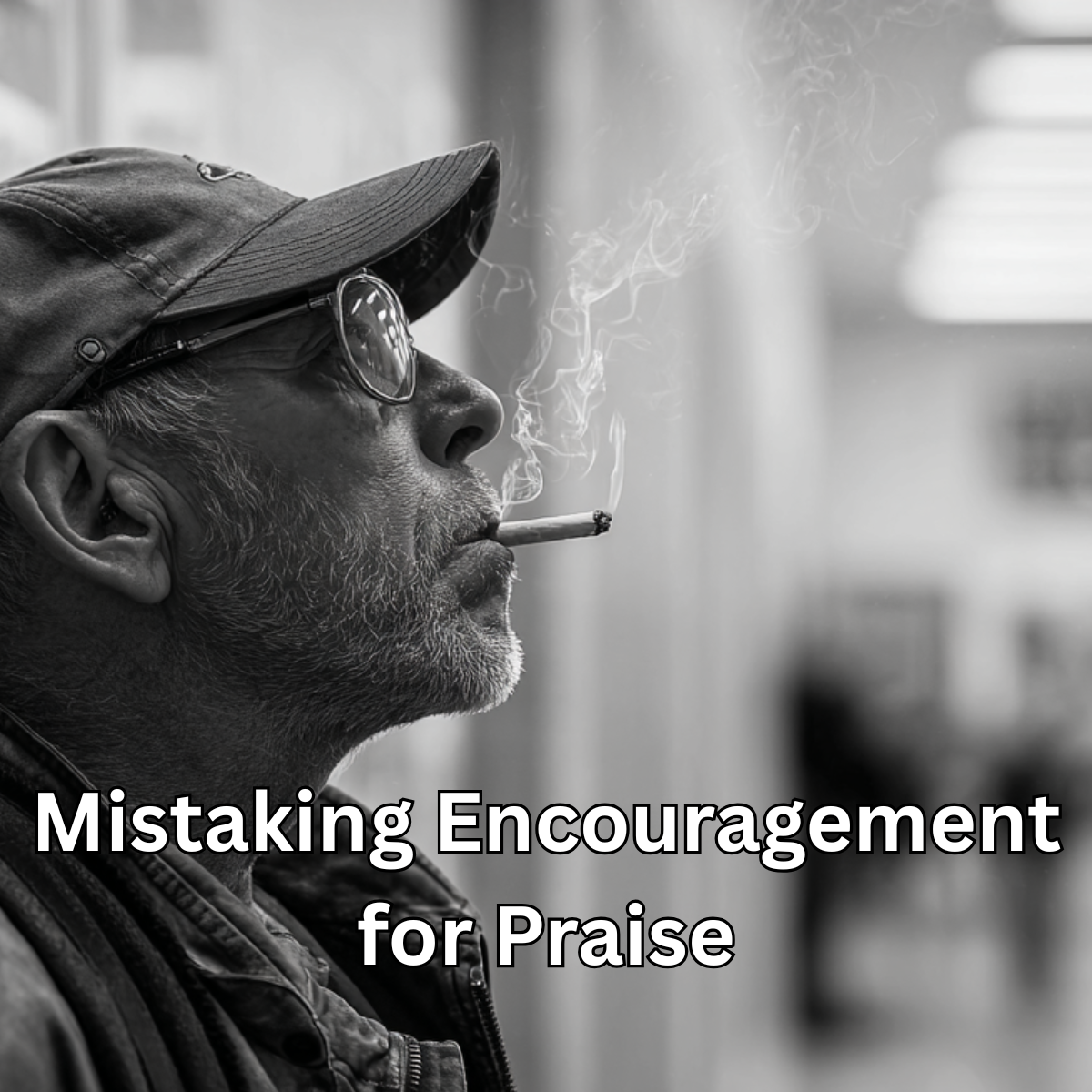Before diving into this discussion, let me clarify: this is not a religious post, so there’s no need for alarm. This week, I’ve been reflecting on a practical observation stemming from my personal quest to prepare and consume healthy, balanced meals. As I’ve aged, the undeniable importance of eating well has become more apparent to me. While I’ve always understood that eating is a fundamental aspect of our existence, the realization hits differently when you no longer possess the boundless energy of youth to counteract less-than-ideal dietary choices. The impact of what we eat becomes not just a figurative weight on our minds but a literal one on our bodies.
Our performance, whether in business or personal life, is intimately linked to our dietary habits. While eating is essential for sustained effort, poor nutritional choices can severely undermine our mental and physical capabilities. Thus, navigating this aspect of life correctly isn’t just advisable; it’s imperative. Ignoring this responsibility is tantamount to setting ourselves up for continuous failure. How often have I questioned what’s wrong with me, only to find the answer lies in my diet?
Frequent reports highlight the declining health statistics among Americans, citing an increase in chronic illnesses and obesity rates nearing epidemic levels. A common scapegoat is the abundance of cheap, readily available processed foods, which are calorie-dense yet nutritionally deficient. Ingredients like high sugar, refined carbohydrates, caffeine, alcohol, and various preservatives are regularly indicted for their role in our nation’s deteriorating health. While these factors undoubtedly contribute, the shift from physically demanding jobs to more sedentary desk-bound roles over the last century also plays a significant part, among other reasons.
Reflecting on my youth, I remember how common it was for families, much like mine, to gather around the dinner table, pause, and ‘say grace’ before a meal. This tradition seems less prevalent today, with likely a small fraction of U.S. households continuing to partake in this ritual.
Let’s delve into the practical aspects of this discussion. This week, I embarked on a journey to ‘eat better,’ establishing a few ground rules for myself:
- All meals must be prepared in the kitchen, eschewing fast food and takeout.
- Meals should consist of healthy, fresh ingredients from whole food sources, with a focus on quality proteins and vegetables.
- I must dine at the kitchen table, accompanied only by a tall glass of water and my meal, without distractions or work.
These guidelines have transformed my dining experience. Sitting down to eat, I find myself inclined to ‘say grace,’ feeling genuinely grateful for the time, effort, and ability to enjoy a nutritious meal, a stark contrast to mindlessly ingesting junk food.
The act of ‘saying grace’ seems out of place when devouring a meal on the go, such as a fast-food burrito while driving or munching on snacks during a movie. However, when seated quietly at a table, with a meal you’ve prepared, the gesture feels entirely appropriate.
Perhaps the shift away from healthier eating habits correlates with our departure from the tradition of saying grace. The concept here isn’t necessarily about religious observance but about mindfulness and gratitude for our food. Imagine if most of our meals were ones before which we felt compelled to express such gratitude. How much might that change our approach to eating and, by extension, our health?




